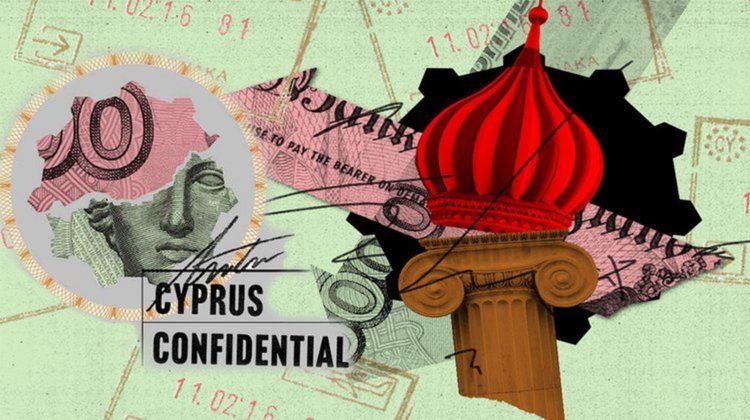Cyprus Confidential: The ICIJ report and the wheel it… failed to invent
11:17 - 15 November 2023

With all the hype leading up to the International Consortium of Investigative Journalists’ (ICIJ) report into Cyprus’ supposed involvement in helping Russian tycoons hide assets following international sanctions, the majority of the so-called “revelations” is nothing new; at least in what has been published so far.
A first assessment of the reports so far is that the content is basically reheated soup without any clear indication of anything illegal having taken place.
With the most controversial revelation being the assistance PwC Cyprus provided to Russian oligarch Alexey Mordashov to transfer part of his £1b share in global tour operator Tui to his partner on the same day he was sanctioned by the EU (28 February 2022), the general admission – and one the report itself concedes – is that it is not immediately clear whether any criminal offence was committed in terms of the time-frame that the transfer happened.
Besides, an investigation conducted by PwC itself into the specific transaction found that everything was legitimate and above board.
So based on the above, the main conclusion from the ICIJ reports so far is that it hasn’t exactly “invented the wheel” and that the documents it has been boasting about are not as significant as many had been expecting.
The situation is pretty clear: it was not and is not a secret that after the collapse of the Soviet Union, large professional service providers from across the world "stepped up" and found themselves in the large Russian market to attract customers.
Lawyers, accountants and bankers from England, America, Germany, France and other countries of enormous economic size approached and included in their clientele companies or individuals with high incomes from Russia, with Cyprus naturally getting its own share of the pie.
At the same time, Cyprus and all of the island’s serious professional service providers harmonised with the strictest regulatory compliance framework, which over time was adopted internationally, both in terms of AML (anti-money laundering) and KYC (Know Your Client).
It is also noted that following Russia’s invasion of Crimea back in 2014, the EU did not impose sanctions on any Russian businessmen or oligarchs.
When the war in Ukraine broke out, almost everyone complied fully with the sanctions that were imposed on Russia. And PwC Cyprus, in particular, alienated 20%-25% of its business with clients subject to sanctions on the very first day they were announced in 2022.
In conclusion, no one can dispute, and even through the ICIJ investigation it is not disputed, that Cyprus and its professional services sector made and are making enormous compliance efforts, and this is reflected in the positions of the USA and UK governments on the credibility of the Republic of Cyprus and its immediate response to the sanctions.
In anticipation of new reports, our assessment is that the International Consortium of Investigative Journalists has so far failed to live up to its sensational premise of unveiling the island as a hub for Russian oligarchs to circumvent international sanctions and didn’t reveal much that we didn’t already know.

